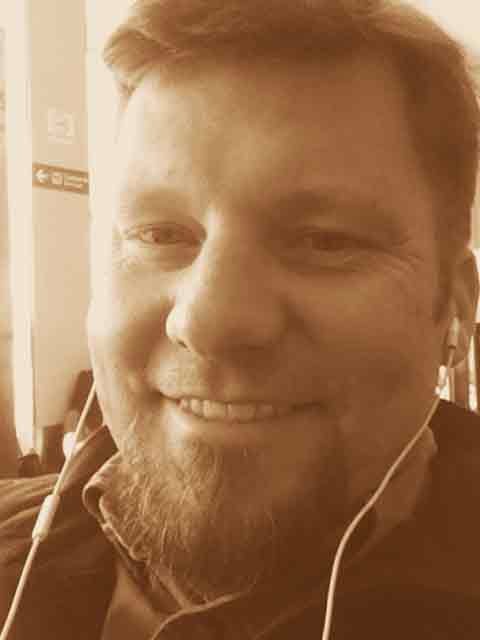Caring comes naturally to some, but that does not mean it isn’t hard work. The art and practice of pastoral ministry challenges a culture which values individualism, which makes it hard to ask for help. We are torn between our desire to be self-reliant and realizing that we need one another-scripture would suggest that we are even responsible for one another. “Am I my brother’s keeper?” Cain defiantly responds to God’s inquiring about Cain’s now dead brother Abel. The answer to Cain’s question is a resounding “YES!”
One of the major threads that run through and holds together the biblical witness to God’s vision is the constant call to care for all God’s children, especially those who struggle to care for themselves. Scripture is full of peopel who try to separate themselves from their responsibility (Job is a fine and more extreme example). Yet, God, through prophets and circumstances, continues to thrust people back together. There is no escaping it. Conflict is inevitable when competing desires colide. And, oddly, only together can we learn to heal the resulting brokenness of conflict. Listening is key to this work.








